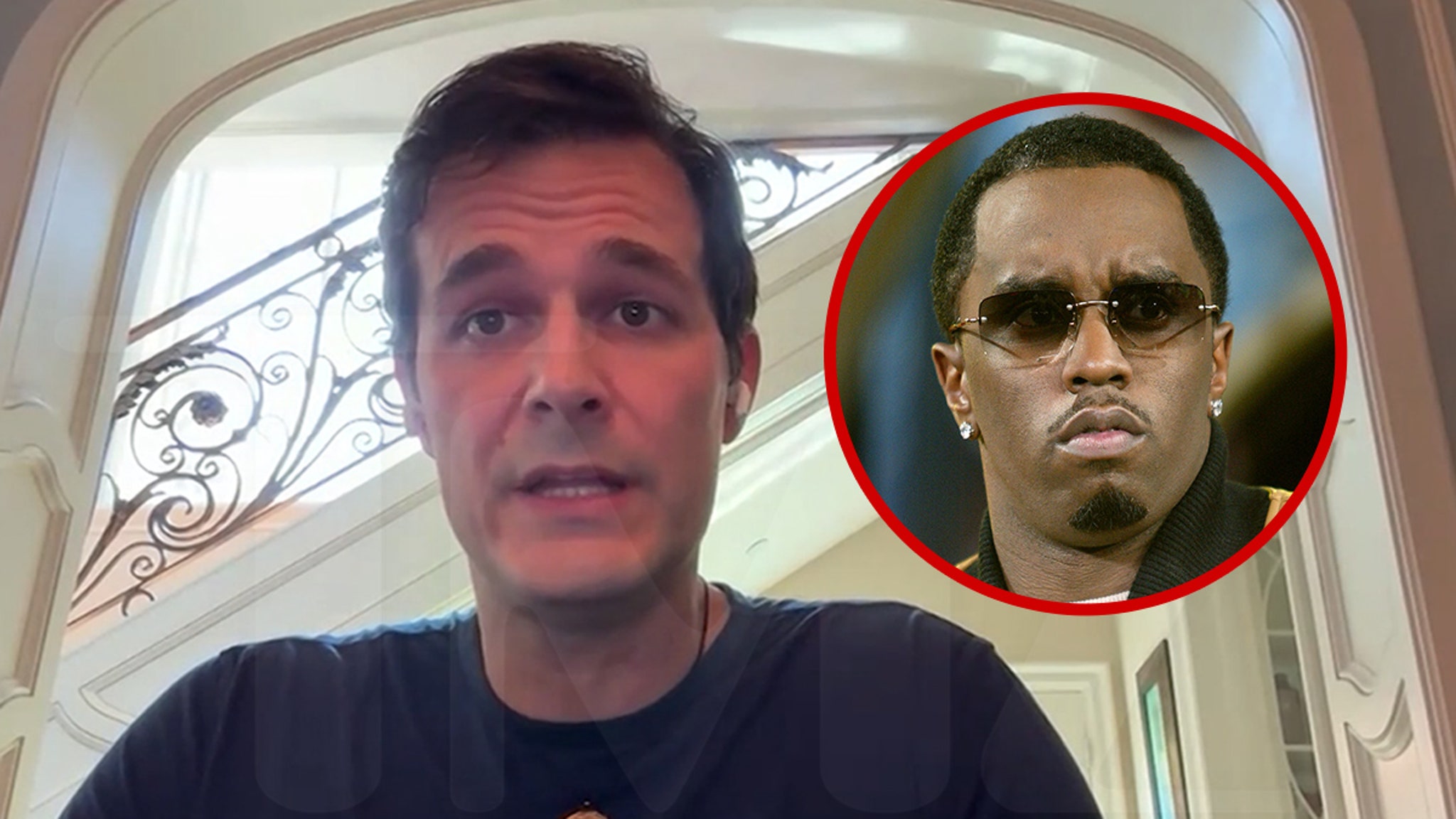Gigolos' Star Jimmy Clabots Says Escorts Saw Some Drug Use, But Not Violence

Quick Read
Gigolos' Star Jimmy Clabots Says Escorts Saw Some Drug Use, But Not Violence
## Gigolos Star Jimmy Clabots Speaks Out: A Behind-the-Scenes Look at the Escort Industry
The glitz and glamour of Hollywood often mask the grittier realities behind the scenes. For Jimmy Clabots, star of the controversial but undeniably popular reality show *Gigolos*, that reality involved a closer look at the escort industry than most of us would ever consider. In a recent candid interview, Clabots shed light on his experiences, offering a nuanced perspective that challenges common misconceptions and stereotypes surrounding sex work.
### A World of Drugs, But Not Violence?
Clabots' revelations paint a picture far more complex than the sensationalized narratives often portrayed in the media. While he confirmed the presence of drug use among some individuals within the escort industry, he vehemently denied the pervasive violence frequently associated with the profession in popular culture. "It's a misconception," he stated, "that violence is rampant. While drug use certainly exists, the notion of constant violence is simply untrue." He emphasized the importance of separating the realities of the profession from harmful generalizations.
### The Human Element: Beyond the Stereotypes
Clabots' commentary goes beyond simple statistics. He speaks to the individual experiences, the hopes, the fears, and the motivations of those working within the industry. His words serve as a reminder that these individuals are not simply one-dimensional characters; they are complex human beings with diverse backgrounds and life stories. His experiences challenge viewers to move beyond judgment and acknowledge the lived realities of those in the sex trade.
### The Importance of Informed Discussion
The conversation surrounding sex work is often fraught with moral judgments and political agendas. Clabots' contribution is significant because he steers the conversation toward a more nuanced and informed discussion. By openly sharing his experiences, he helps dismantle harmful stereotypes and fosters a more accurate understanding of the profession. This, he argues, is crucial for creating a safer and more supportive environment for those involved.
### Deconstructing the Myths: Facts versus Fiction
One of the most significant aspects of Clabots' commentary is its ability to deconstruct common myths surrounding the escort industry. Many believe that violence and coercion are the norm. Clabots’ experience directly challenges this narrative. He describes a reality that is, while not free of challenges, fundamentally different from the commonly held image.
* **Myth:** All escorts are forced into the profession. **Reality:** Clabots’ accounts show that, while coercion exists, a significant number of escorts choose their work consciously.
* **Myth:** Violence is ubiquitous in the sex industry. **Reality:** While Clabots confirms the presence of drugs, he insists that violence is significantly less prevalent than often portrayed.
* **Myth:** All escorts are victims. **Reality:** Clabots emphasizes the diversity of individuals in the industry and their varied motivations.
### The Path Forward: Towards Understanding and Compassion
Clabots' comments are a call for greater understanding and compassion. His experiences serve as a bridge between the sensationalized narratives often presented and the complex realities of the escort industry. By sharing his perspective, he encourages open dialogue and promotes a more informed and empathetic approach to this often misunderstood profession.
### : A Catalyst for Change
Jimmy Clabots' willingness to speak out is a significant step towards a more honest and informed conversation surrounding the escort industry. His nuanced perspective challenges pre-conceived notions and encourages viewers to consider the human element at the heart of this often-marginalized profession. His contribution is not simply a revelation of personal experiences; it’s a catalyst for change, a call for understanding, and a reminder that even within the complexities of adult entertainment, humanity persists. The conversation needs to move beyond judgment and toward meaningful dialogue, and Clabots' contribution is an important piece of that puzzle.
The discussion sparked by his interview should encourage further critical examination of the sex work industry and hopefully lead to more compassionate and informed policies and public perception.






